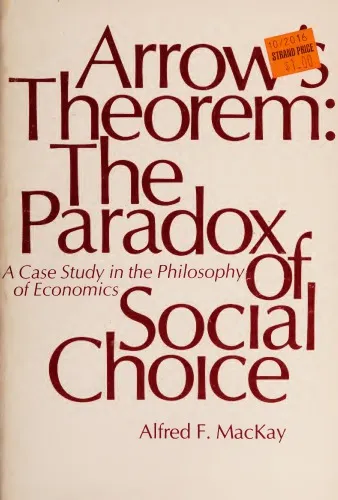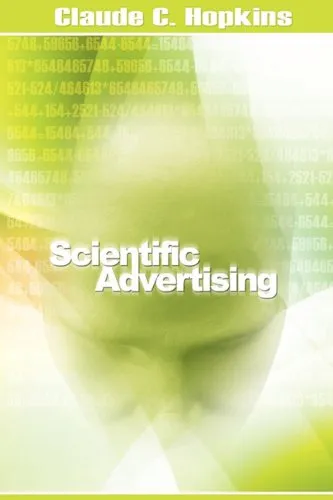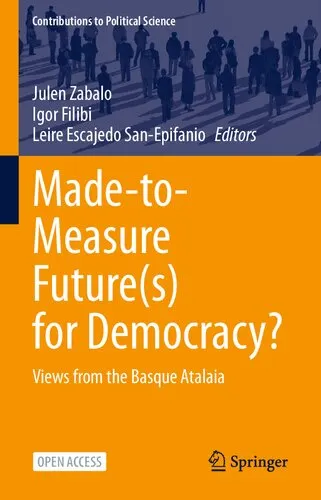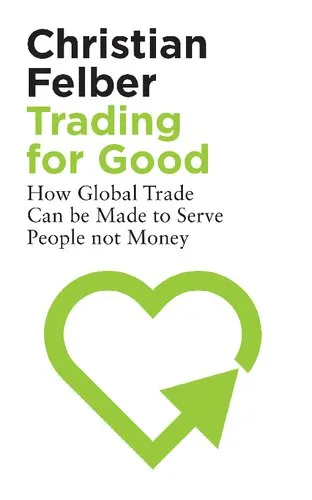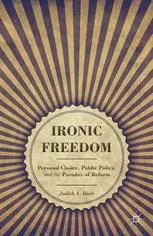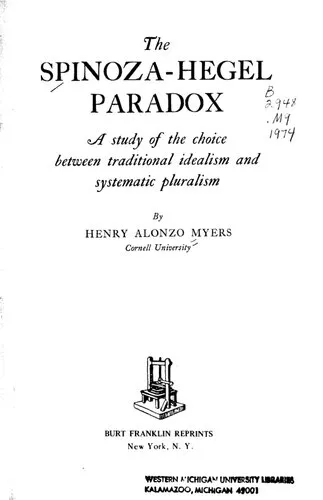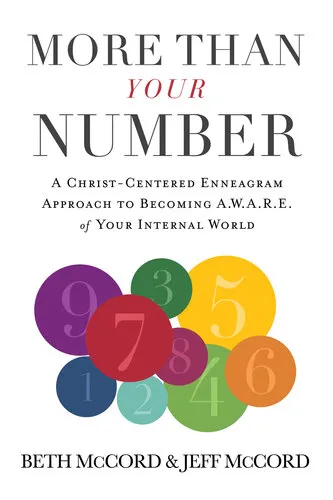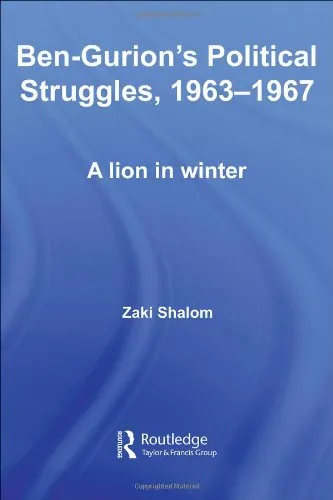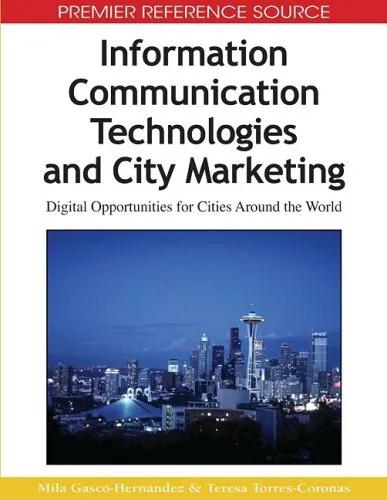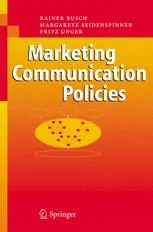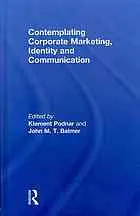Arrow’s Theorem, The Paradox of Social Choice: A Case Study in the Philosophy of Economics
4.8
Reviews from our users

You Can Ask your questions from this book's AI after Login
Each download or ask from book AI costs 2 points. To earn more free points, please visit the Points Guide Page and complete some valuable actions.Related Refrences:
Welcome to a profound exploration of one of the pivotal concepts in the philosophy of economics: Arrow's Theorem. In "Arrow’s Theorem, The Paradox of Social Choice: A Case Study in the Philosophy of Economics," we delve into the intricate world of social choice theory, unraveling the complexities that underpin decision-making processes and democratic choices. This book is not just an academic exposition, but a journey into understanding the philosophical implications of making decisions that affect communities and nations.
Detailed Summary of the Book
At the heart of Kenneth Arrow's revolutionary work is the demonstration of the impossibility of creating a voting system that simultaneously satisfies a set of fair and reasonable conditions. This theoretical framework challenges the very foundations of group decision-making and invites readers to ponder the limits of democracy and fairness.
Throughout this book, we dissect Arrow's Impossibility Theorem with precision, explaining how no rank-order voting system can convert individual preferences into a community-wide ranking without breaching some of the seemingly fair conditions like non-dictatorship, Pareto efficiency, and independence of irrelevant alternatives.
The book not only deciphers the complex mathematics behind the theorem but contextualizes it within broader philosophical, political, and economic discussions. The narrative takes the readers through historical attempts to resolve these dilemmas, highlighting debates between renowned economists and philosophers regarding the feasibility and implications of fair voting systems.
Key Takeaways
- Arrow’s Theorem fundamentally challenges the notion of a perfect democratic voting system.
- The theorem underscores conflicts between individual rationality and collective decision-making.
- Understanding these concepts is crucial for political scientists, economists, policymakers, and anyone involved in designing voting systems.
- The philosophical implications extend beyond economics, prompting reflections on ethics, governance, and societal values.
Famous Quotes from the Book
"In the realm of social choice, the tension between individual desires and collective outcomes leads us to question the very essence of fairness."
"Arrow's Theorem doesn't merely present an impossibility; it invites us to revisit how we conceive decision-making at every societal level."
Why This Book Matters
This book serves as a pivotal resource for understanding the limitations and challenges inherent in crafting fair and just societies. By dissecting Arrow's Theorem, readers gain insight into the difficulties of aggregating individual preferences in a way that respects democratic ideals.
More than just an academic treatise, it provokes critical thinking about modern governance, the design of institutions, and the perennial balancing act between equity and efficiency.
For those engaged in policymaking, this book offers valuable lessons on the intricacies of choice and the clear recognition that true consensus is difficult, if not impossible, to achieve without compromise.
Free Direct Download
You Can Download this book after Login
Accessing books through legal platforms and public libraries not only supports the rights of authors and publishers but also contributes to the sustainability of reading culture. Before downloading, please take a moment to consider these options.
Find this book on other platforms:
WorldCat helps you find books in libraries worldwide.
See ratings, reviews, and discussions on Goodreads.
Find and buy rare or used books on AbeBooks.
1382
بازدید4.8
امتیاز50
نظر98%
رضایتReviews:
4.8
Based on 0 users review
"کیفیت چاپ عالی بود، خیلی راضیام"
Questions & Answers
Ask questions about this book or help others by answering
No questions yet. Be the first to ask!
